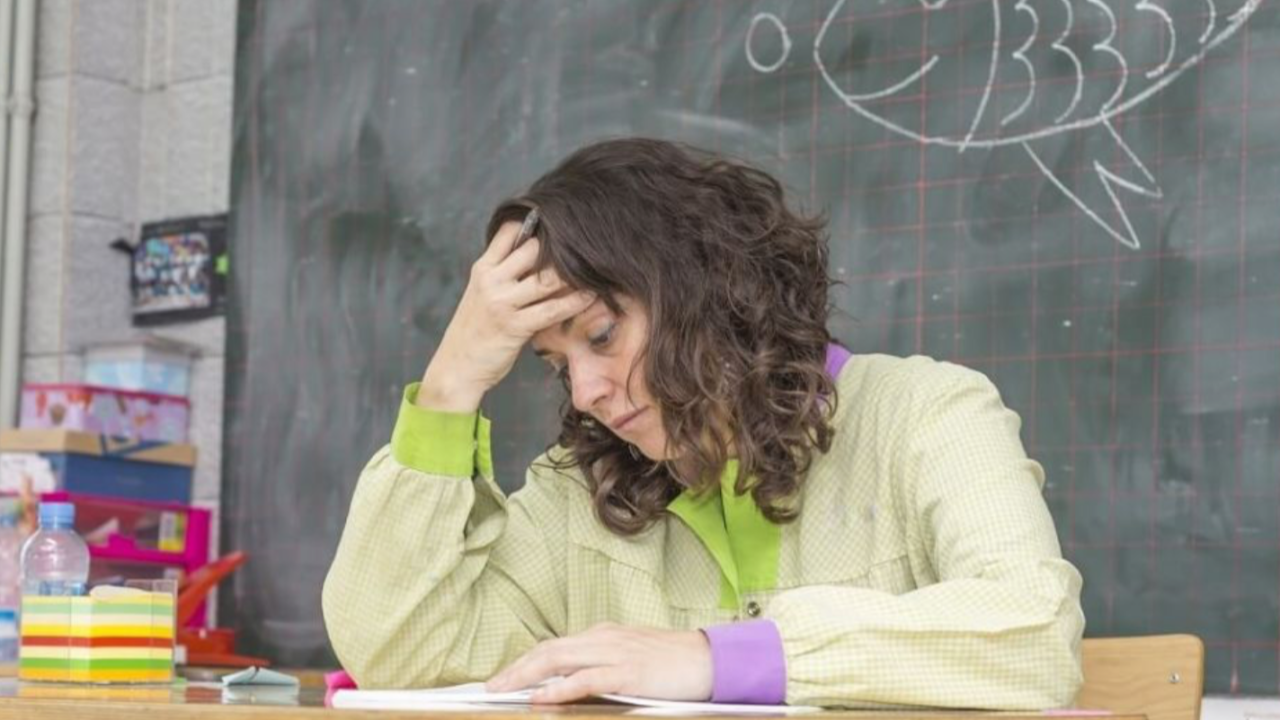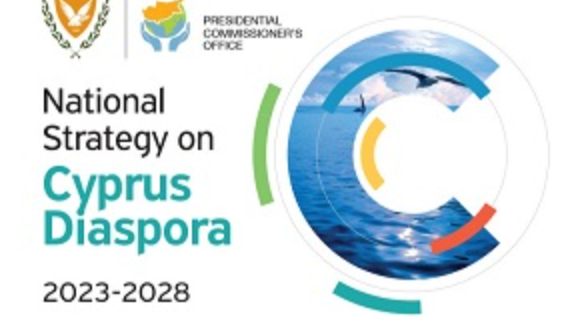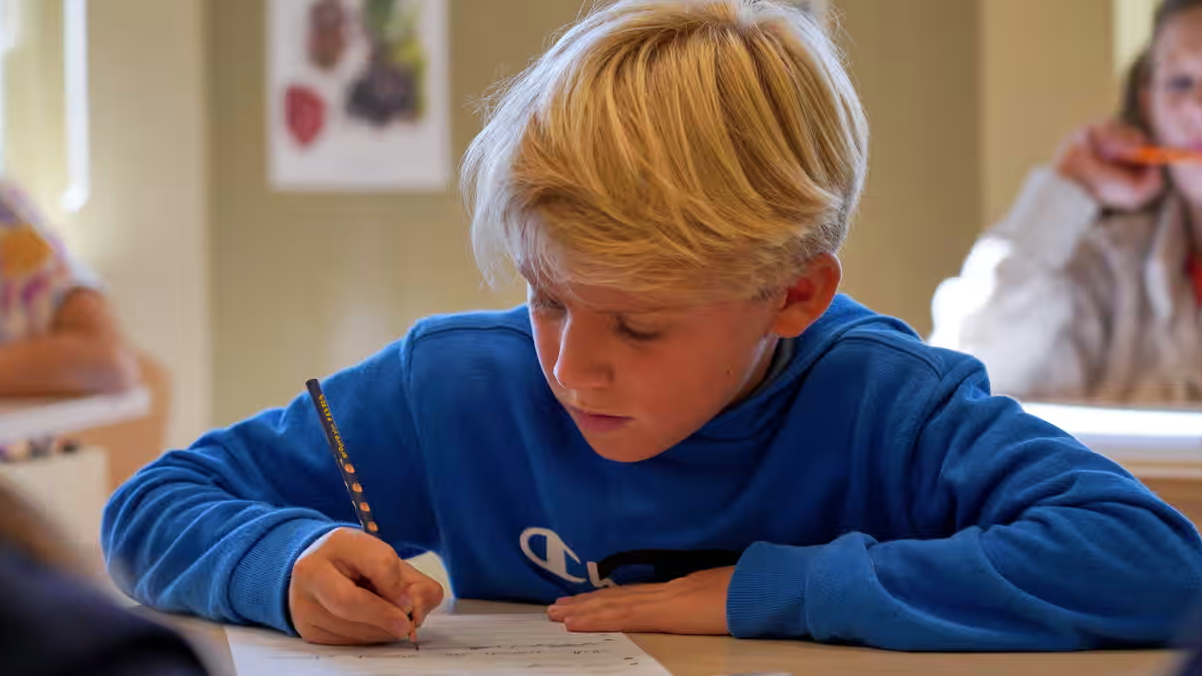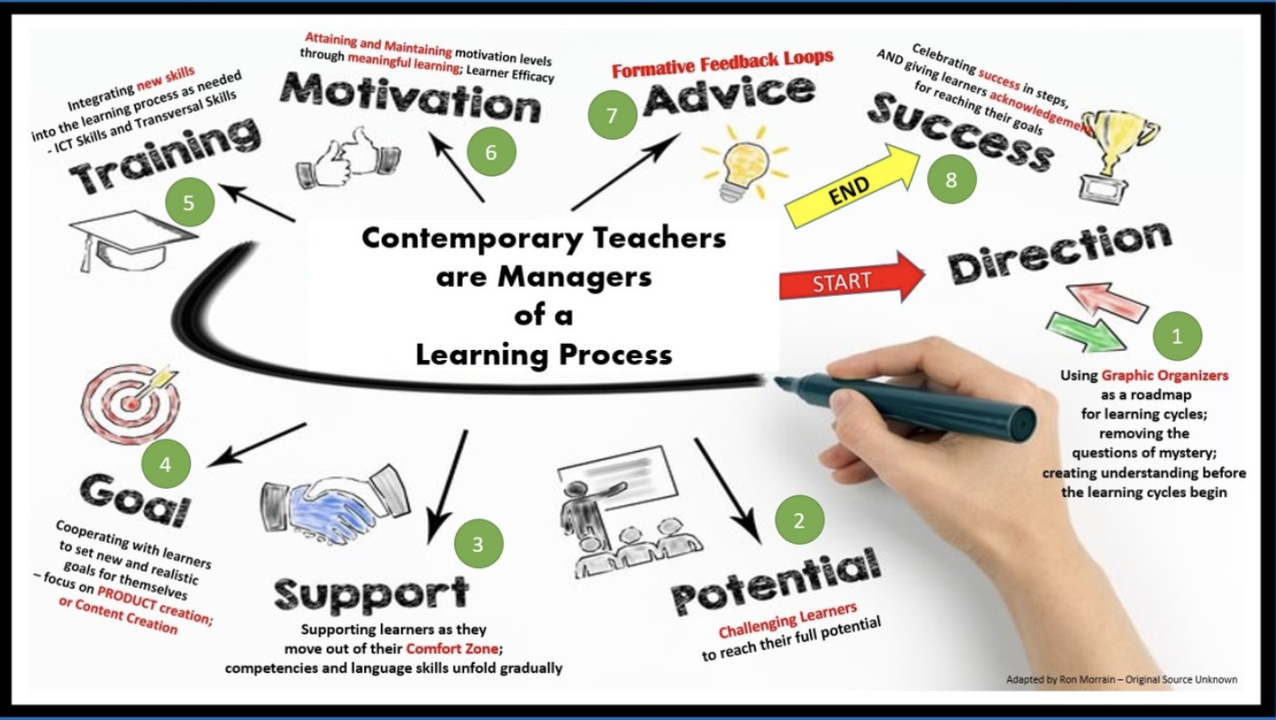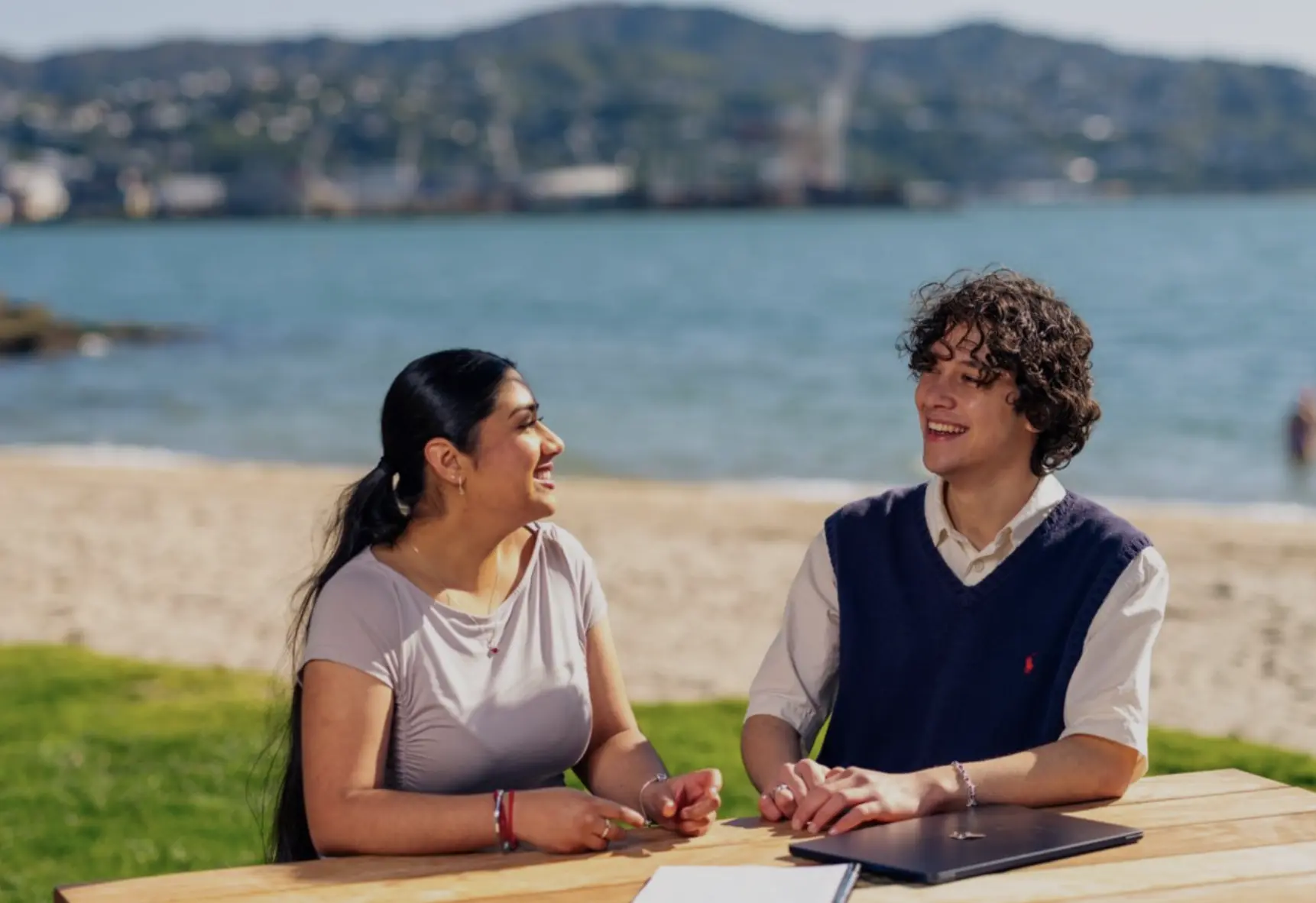In an age where instant gratification reigns supreme, cognitive patience—the ability to engage in deep, prolonged thought—seems to be fading.
This trend poses a significant challenge for educators striving to cultivate critical and creative thinking in their students.
As Dr. Tassos Anastasiades, Vice Principal at New Generation Private School, I have seen firsthand the urgency of this issue and the need for innovative strategies to counter it.
Cognitive patience is essential for developing critical thinking and creativity. It allows students to dive deeply into subjects, explore multiple perspectives, and arrive at well-reasoned conclusions.
However, the fast-paced nature of modern life often leads students to seek quick answers and immediate results, which undermines their ability to think deeply and creatively.
This issue is further exacerbated by the proliferation of AI tools such as ChatGPT, image generators, and coding assistants. While these technologies offer tremendous potential, they also bring concerns that students may become passive consumers, relying on automation rather than developing their own original ideas.
One effective strategy to foster cognitive patience involves encouraging students to engage in open-ended inquiry.
By asking questions that require more than superficial responses, educators can prompt students to explore topics in greater depth and engage in meaningful discussions.
Additionally, teachers can model thoughtful reflection by demonstrating slow, deliberate reasoning and articulating their thinking processes.
This practice helps students develop their own reflective habits and appreciate the value of taking time to think through problems.
Structuring learning over time also reinforces the importance of effortful recall instead of quick memorization.
Techniques such as spaced and retrieval practice emphasize the need for students to revisit and recall information periodically, which aids in deeper understanding and retention.
Another key approach is to allow students to sit with uncertainty and problem-solve before offering immediate corrections.
This fosters resilience and independent thinking, as students learn to navigate complex problems on their own.
Furthermore, designing activities that embrace struggle can be highly beneficial. When students are given opportunities to iterate, refine, and develop ideas without the fear of failure, they build perseverance and learn from their mistakes.
This approach emphasizes the learning process over instant success, encouraging students to value effort and growth.
While the concerns about AI stifling creativity are valid, it is essential to strike a balance between leveraging the benefits of AI and fostering independent, critical, and creative thinking in students.
By thoughtfully integrating AI into the educational process and encouraging active engagement, educators can help students develop the skills they need to thrive in an increasingly complex world.
AI should be seen not as a replacement for human creativity, but as a tool that, when used wisely, can enhance and enrich the learning experience.
In conclusion, the disappearance of cognitive patience is a pressing issue that requires immediate attention from educators. By fostering a culture of deep, reflective thinking and embracing innovative teaching practices, we can empower the next generation of learners to thrive in a world that values patience, resilience, and adaptability.
As we continue to innovate and adapt our teaching practices, we can ensure that AI becomes a catalyst for creativity and critical thinking, rather than a hindrance.
Thank you and warm regards,
“Inspire to learn, learn to innovate, empower to lead”
Dr. Tassos Anastasiades
Vice Principal
New Generation Private School
Tel. +973 17235000 | +973 77235000
Fax +973 17721986
www.ngisbahrain.com
I hope this article meets your needs for LinkedIn! If you need any further adjustments, please let me know.


